A Stalinist assassin tracks exiled revolutionary Leon Trotsky to Mexico in 1940.
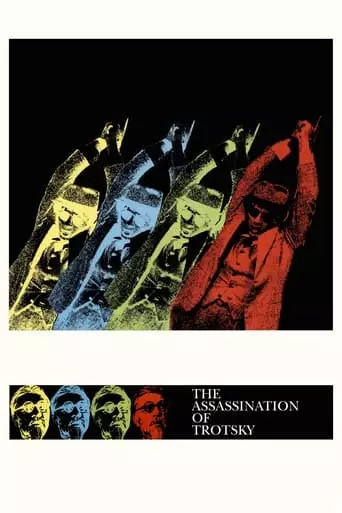
A Stalinist assassin tracks exiled revolutionary Leon Trotsky to Mexico in 1940.
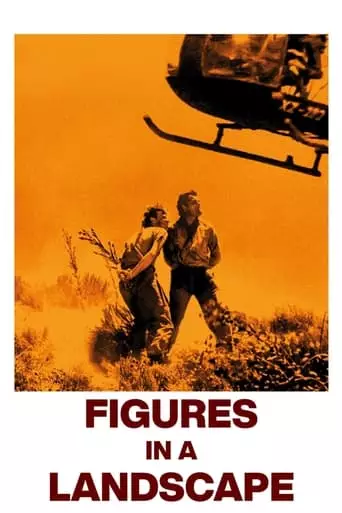
Two escaped convicts are on the run in an unnamed Latin American country. But everywhere they go, they are followed and hounded by a menacing black helicopter.
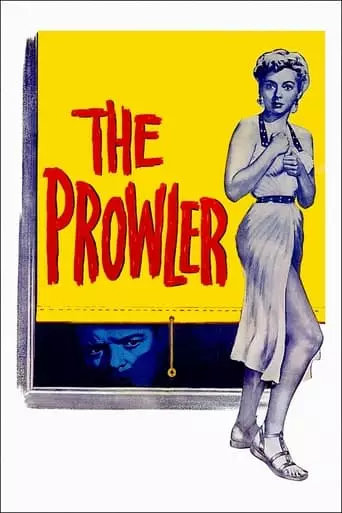
Los Angeles, California. A cop who, unhappy with his job, blames others for his work problems, is assigned to investigate the case of a prowler who stalks the home of […]
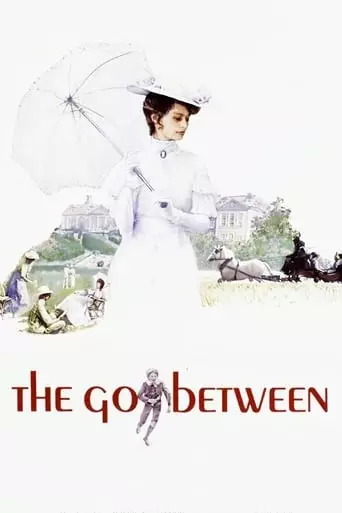
British teenager Leo Colston spends a summer in the countryside, where he develops a crush on the beautiful young aristocrat Marian. Eager to impress her, Leo becomes the go-between for […]
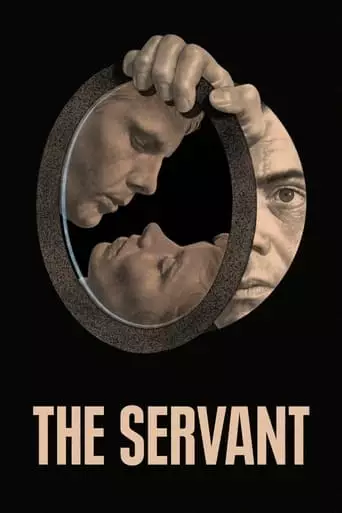
Hugo Barrett is a servant in the Chelsea home of indolent aristocrat Tony. All seems to go well until the playboy’s girlfriend Susan takes a dislike to the efficient employee. […]
Joseph Losey: The Visionary Director of Political and Psychological Cinema
Joseph Losey was a British-American film director known for his provocative, often politically charged films that explored complex psychological and social themes. His career spanned several decades, with a distinctive style that blended intricate character studies with sharp social commentary. Losey’s works, which often dealt with issues of power, class, and identity, have earned him a reputation as a filmmaker unafraid to confront uncomfortable truths. Though he never achieved the mainstream popularity of some of his contemporaries, his films have gained a lasting and influential place in cinema history.
Early Life and Career
Joseph Losey was born on January 14, 1909, in La Crosse, Wisconsin, USA. He studied at Dartmouth College and later attended the University of California, Berkeley, where he developed an interest in theater and film. Initially working in the theater as a director, Losey’s early career was marked by his involvement in the left-wing politics of the time, which would later influence much of his filmmaking.
In the 1940s, Losey moved to Hollywood, where he initially found work in the film industry. However, his political beliefs and associations with leftist causes led to his blacklisting during the McCarthy era. In 1951, he was accused of being a communist sympathizer, and his career in Hollywood was effectively destroyed. This forced him to leave the United States and move to England, where he would go on to make some of his most significant and memorable films.
The British Years: A New Beginning
Joseph Losey’s move to the United Kingdom marked the beginning of a new chapter in his career. In Britain, he found a fertile ground for his political and psychological explorations, working with talented British actors and screenwriters. His films from this period are marked by their sharp social commentary and psychological depth, often focusing on the themes of class, power, and the human condition.
The Servant (1963): One of Losey’s most famous films, The Servant is a tense psychological drama that explores the relationship between a wealthy man and his manipulative servant. The film, written by Harold Pinter, is a masterclass in tension and subtle power dynamics, with a chilling performance by Dirk Bogarde as the enigmatic servant. The film’s exploration of class and manipulation has made it a classic of British cinema and one of Losey’s defining works.
The Go-Between (1971): Based on the novel by L.P. Hartley, The Go-Between is a period drama that tells the story of a young boy who becomes an unwitting messenger between two lovers in a world of social and class divisions. The film is a poignant exploration of innocence lost and the complexities of human relationships. It was a critical success and earned several nominations, including an Academy Award for Best Adapted Screenplay.
The Damned (1969): This controversial film, also known as These Are the Damned, blends science fiction with political commentary. Set in a dystopian future, it tells the story of a group of children who have been subjected to nuclear experimentation. The film critiques the potential horrors of nuclear warfare and social decay, showcasing Losey’s ability to address contemporary political concerns through genre filmmaking.
Accident (1967): A psychological drama about a professor who becomes involved in a tragic love affair with one of his students, Accident explores themes of guilt, obsession, and the fragility of human relationships. The film was praised for its intelligent screenplay, complex character development, and the subtlety of its emotional impact.
Style and Themes
Joseph Losey’s films are known for their meticulous attention to psychological detail, often exploring the darker aspects of human nature. His works frequently examine the effects of power and control, as well as the tension between individuals and the social systems they inhabit. Losey was particularly adept at creating atmospheres of unease and tension, often using minimalistic settings, slow pacing, and subtle performances to build suspense.
Psychological Complexity: Losey’s films often delve deeply into the psychology of their characters. His characters are frequently caught in moral dilemmas, torn between conflicting desires or struggling with their own identities. This psychological complexity is one of the defining features of his work.
Class and Power: Many of Losey’s films explore the dynamics of class, particularly the power imbalances that exist between the wealthy and the working class. Films like The Servant and The Go-Between examine how power is exerted and manipulated in social relationships, often revealing the dark undercurrents of privilege and control.
Political Commentary: Losey’s left-wing political beliefs are evident in many of his films, which frequently critique social systems, class inequality, and the consequences of political power. His work is often concerned with the tensions between the individual and the larger societal forces that shape their lives.
Legacy and Influence
Though Joseph Losey never achieved the level of commercial success or mainstream recognition enjoyed by some of his contemporaries, his films have had a profound influence on both filmmakers and audiences. His ability to blend psychological depth with political commentary, as well as his focus on character-driven narratives, has made him a key figure in the history of cinema.
Losey’s films have inspired generations of filmmakers, particularly those interested in exploring complex social and political themes. His work has been cited as an influence by directors such as Stephen Frears, Mike Leigh, and Peter Greenaway, who have all followed in his footsteps in terms of examining class, power, and the human psyche in their own films.
Personal Life and Later Years
Joseph Losey’s personal life was marked by his political activism and his experiences as a blacklisted filmmaker in Hollywood. His exile from the United States was a difficult chapter in his life, but it ultimately led to his artistic rebirth in Britain. He continued to work in cinema throughout the 1970s, although his output slowed in his later years.
Losey passed away on June 22, 1984, at the age of 75. Despite the challenges he faced throughout his career, his films remain an enduring part of cinematic history, and his legacy continues to be celebrated by cinephiles and filmmakers alike.
Conclusion
Joseph Losey’s career is a testament to the power of cinema as a tool for exploring the complexities of the human condition. Through his masterful direction and his ability to tackle difficult political and psychological themes, Losey created films that continue to resonate with audiences today. His legacy as a filmmaker who was unafraid to confront the darker sides of society and human nature ensures that his work remains an essential part of the film canon.